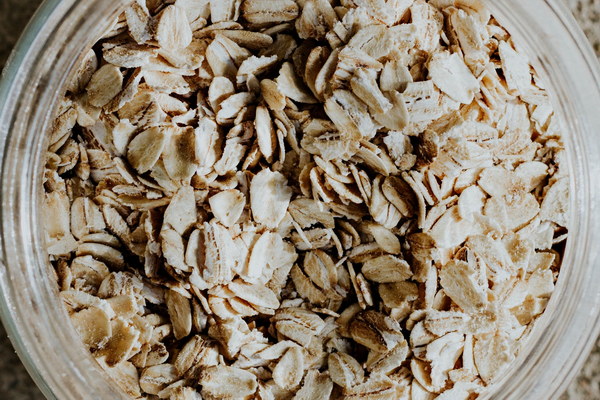Hydration and Lung Care Nurturing Your Lungs During Pneumonia
Pneumonia is a respiratory infection that can affect the lungs, leading to inflammation and fluid accumulation. While medical treatment is crucial in managing pneumonia, proper hydration and lung care play a significant role in speeding up recovery and preventing complications. In this article, we will discuss the importance of hydration and provide practical tips on how to nurture your lungs during pneumonia.
The Importance of Hydration
Water is essential for maintaining the health of our respiratory system. Adequate hydration helps in the following ways:
1. Thinning Mucus: Dehydration thickens mucus, making it harder for the body to clear it from the lungs. By staying hydrated, you can thin the mucus, allowing it to be coughed up more easily.
2. Facilitating Breathing: Hydration helps to keep the mucous membranes moist, which aids in the exchange of oxygen and carbon dioxide in the lungs.
3. Supporting Immune System: Water is a key component of immune cells and plays a crucial role in fighting infections, including pneumonia.
How to Hydrate During Pneumonia
To ensure proper hydration, follow these guidelines:
1. Stay Hydrated: Aim to drink at least 8-10 glasses of water per day, or as recommended by your healthcare provider.
2. Choose the Right Beverages: Besides water, you can drink herbal teas, broths, and clear juices. Avoid caffeine and alcohol, as they can dehydrate you.
3. Use Humidifiers: Adding moisture to the air can make it easier to breathe and reduce the thickness of mucus. Use a humidifier in your bedroom at night.
4. Stay Hydrated with Foods: Consume foods with high water content, such as fruits and vegetables. Watermelon, cucumbers, and soups are excellent options.
Lung Care During Pneumonia

In addition to hydration, there are several ways to care for your lungs during pneumonia:
1. Follow Medication Instructions: Take prescribed medications as directed by your doctor to reduce inflammation and fight the infection.
2. Practice Breathing Exercises: Learn and perform breathing exercises, such as diaphragmatic breathing, to improve lung function and strengthen the respiratory muscles.
3. Avoid Smoking and Secondhand Smoke: Smoking can worsen lung conditions and increase the risk of complications. Stay away from smoky environments.
4. Stay Active: Gentle activities, such as walking or stretching, can help improve lung capacity and overall well-being.
5. Manage Stress: Stress can exacerbate symptoms and slow down recovery. Engage in stress-reducing activities, such as meditation, deep breathing exercises, or yoga.
Conclusion
Pneumonia can be a challenging condition, but proper hydration and lung care can significantly improve your recovery journey. By staying hydrated and following the tips mentioned above, you can nurture your lungs and support your body's fight against the infection. Remember to consult your healthcare provider for personalized advice and to monitor your condition closely during treatment.









